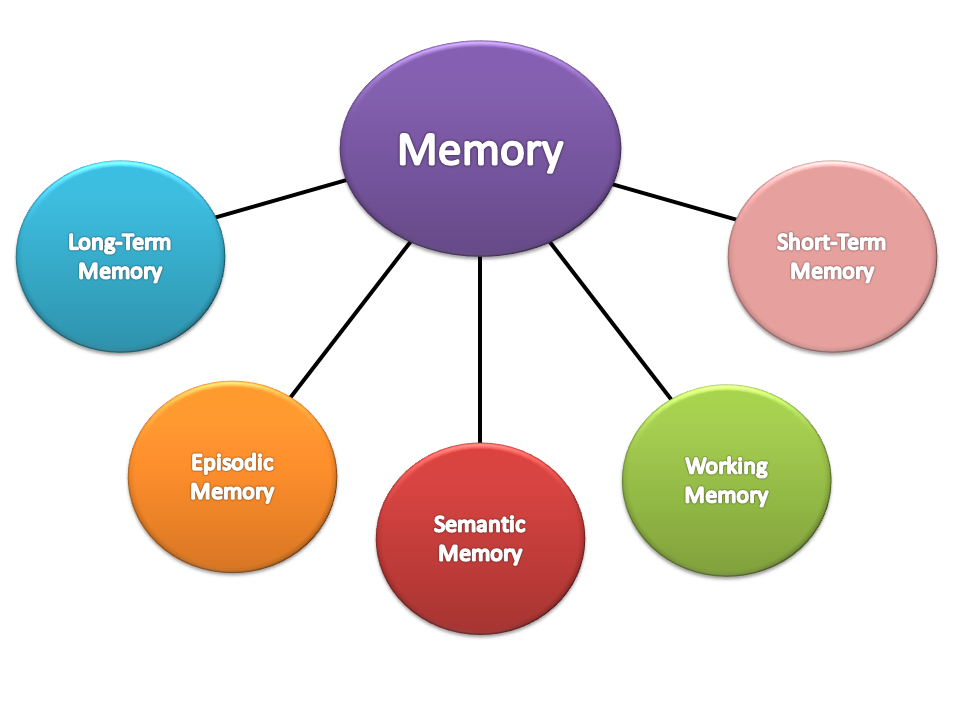Have you ever heard of sundowning? Has your PSW told you that your mom experiences sundowning? Has someone at the long-term care home asked if your mom has sundowning before she moves into the home?
Sundowning is when a person living with dementia gradually becomes more agitated or confused and shows personality changes when the day turns into the evening. Most often, this happens around 4pm.
Some common symptoms of sundowning include: sudden behaviour changes, difficulty speaking and thinking clearly, hallucinations, verbal and/or physical aggression, pacing/wandering, paranoia, and increased confusion. As we go through some of the causes of sundowning, you’ll see that sundowning is often just a normal reaction to situations we’ve all experienced.

One of the most common causes of sundowning is simple exhaustion. For someone living with dementia, simple tasks throughout the day are more tiring than for someone without dementia. This is because they have fewer cognitive and physical resources to engage in those tasks and activities like going for a walk, preparing a meal, and having conversations. Just like when you are sick you get tired more easily when doing everyday tasks, people living with dementia experience this feeling daily. And just like when you are tired, you usually get more irritable, have less patience, and react quicker to things that annoy you. The same thing happens with people with dementia. But we call it “sundowning.”
So if exhaustion causes sundowning, then how can you prevent it?
Easy! Take a nap! Who doesn’t like naps after all?! Recharge, try a nap, try sitting quietly out in the sun or in a quiet room. Watching TV or listening to the radio may help but it may be too stimulating to the senses to allow the person recharge.
Another common cause of sundowning is medications wearing off later in the day. Ask your doctor for extended release or timed release medications so that the effects of the medications are more consistent throughout the day. Or perhaps there is a better schedule for taking the medications that results in a steady reaction rather than ups and downs.
Another very possible cause of sundowning is the reality your loved one is living in. If for example, they are back in their 40’s and their husband always comes home at 5pm, and it’s a little before 5pm now, it’s a natural reaction to get excited or anxious about waiting for their husband to walk in the door. Then what if it passes 5pm and their husband isn’t home yet? Then they could start to get worried and start pacing the home; getting irritable and cleaning vigorously.
Anytime you are working with someone living with dementia, you have to try to get into their head and understand their reality. If you figure out that your loved one is worried that their husband isn’t home yet, try telling them that they called earlier and said that they were going to be late because they had a business meeting, and not to worry. The best way to deal with these situations is to validate your loved one in their feelings and then give a plausible reason as to why their husband isn’t home yet, This reason should be something that would make your mother relax and not worry.




